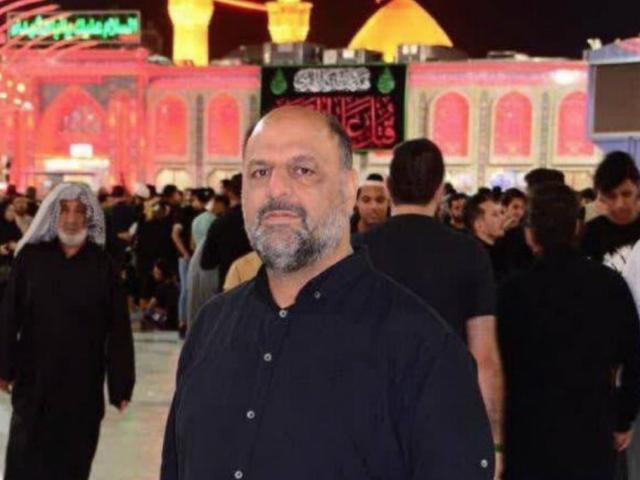In a stern warning, Hossein Salami, the Commander-in-Chief of Iran's Islamic Revolutionary Guard Corps (IRGC), declared that Israel would face severe consequences for an airstrike in Syria that claimed the life of senior Iranian officer Saeed Abiyar. Salami's message, issued as a condolence for Abiyar's death, hinted at an inevitable response to what he labeled as an act of aggression.
The Syrian state news agency, SANA, reported that the overnight strike on Monday resulted in several martyrs and significant material damage. Although Israel maintains its longstanding policy of not commenting on such operations, it has been widely accused of targeting Iranian military interests in Syria since the civil war erupted in 2011. Iran's military presence in Syria has been pivotal in bolstering President Bashar Assad's regime and in facilitating the transfer of weapons to its regional proxies, notably Hezbollah in Lebanon.
Iran’s Guard head vows revenge for Syria strike: Israel will ‘pay for the bloodshed’ #FJB allowed them to attack, forced Israel to have muted response, #FJB is siding with America's enemy to destroy Israel and slaughter all the Jewshttps://t.co/RoM0NQ5ubg via @timesofisrael
— 🇺🇸🇮🇱🥙Shawarma🪬2,3, שגר (@shawarmamayor) June 5, 2024
The Britain-based Syrian Observatory for Human Rights confirmed that the airstrike's casualties included members of Hezbollah, a copper factory, and a weapons warehouse, suggesting these were the intended targets.
Salami, attending Abiyar's funeral on Tuesday, emphasized the strategic importance of the slain officer, who had been a key player in the IRGC's Quds Force and had operated in Syria since 2012. Abiyar's role involved orchestrating Iran's proxy engagements across the region.
This incident marks the second such strike within a week, signaling escalating tensions between Iran and its arch-nemesis, Israel. The situation has deteriorated markedly since April, when another alleged Israeli airstrike killed two IRGC commanders and multiple senior officials at the Iranian consulate in Damascus. That attack provoked an unprecedented retaliatory response from Iran, which launched a barrage of 350 missiles and drones at Israel. Most were intercepted by Israel and its US-led allies, but the incident underscored the growing volatility.
IRGC Chief-Commander Hossein Salami said Wednesday Israel will pay for killing IRGC advisor Saeid Abyar, who was targeted in a suspected Israeli airstrike on Syria's Aleppo.
— Iran International English (@IranIntl_En) June 5, 2024
Israel "must wait for a response," he warned in a message of condolences for Abyar. https://t.co/cctxJ7FIzy pic.twitter.com/a7mSjNxViB
Early on Monday, suspected Israeli airstrikes near Aleppo resulted in the death of Abiyar, according to Iranian media. This attack comes two months after the near-war scenario, with both nations engaging in direct, unprecedented attacks on each other's territories.
The semi-official Tasnim news agency reported that Abiyar, an advisor to the IRGC in Syria, was the first IRGC member killed by Israel since the April incident. SANA noted that the airstrikes occurred around 12:20 a.m., targeting several sites near Aleppo, though specifics on fatalities were not provided.
Iran's Interim President Mohammad Mokhber on Monday boasted about the IRGC's missile attacks on Israel, Iraqi Kurdistan, Syria and Pakistan in the presence of foreign ambassadors, saying the country's economy was not impacted by these attacks.
— Iran International English (@IranIntl_En) May 27, 2024
The remarks come as Pakistan, Iraq… pic.twitter.com/iif16yxzxx
Since the Syrian civil war began in 2011, Iran has consistently deployed military advisors to support Assad. Israel, on the other hand, has persistently targeted Iranian and Hezbollah assets in Syria, particularly as its conflict with Hamas in Gaza intensifies. Israel's stance remains firm, warning that Iran's entrenchment in Syria poses a direct threat to its security, turning the region into a launchpad for aggression against the Jewish state.
In this volatile atmosphere, the death of Saeed Abiyar adds another layer of complexity to the already tense Israel-Iran dynamic, setting the stage for potential further confrontations.


